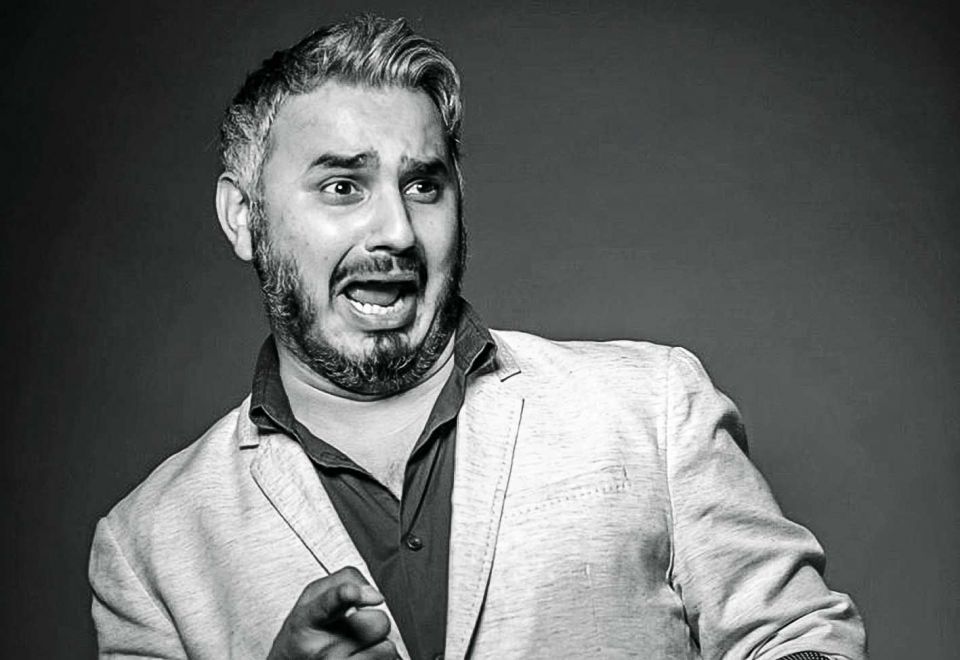Comedians in Saudi Arabia still face significant hurdles, despite the government’s best efforts to promote comedy as an art form, according to Bader Saleh, one of the Arab world’s most successful comedians.
Saleh, 35, rose to fame as the star of the Arabic-language YouTube show ‘Eysh Elly’, which has amassed over 3.2 million followers since its launch in 2011.
Since then, he has been a fixture of the Arabic-language comedy scene in the kingdom and the wider region, performing alongside the likes of global stars Dave Chappelle and Trevor Noah in Dubai. Today, he boasts 3.61 million followers on Twitter and 1.5 million on Instagram.
In an interview with Arabian Business, Saleh said that while the Saudi government has made significant efforts to promote the work of comedians in the kingdom, acceptance from the wider public often lags behind.
“The government is supporting the comedy scene, but the audience is not,” he said. “I don’t think this is only in Saudi Arabia. Comedians around the world are complaining about how people have become very sensitive and get offended very easily.”
Government support
In early 2019, Saudi Arabia’s General Entertainment Authority announced that restaurants and cafes across the kingdom will be able to apply for entertainment licences to host music and comedy events, part of a wider plan to turn Saudi Arabia into one of the world’s top 10 entertainment destinations.
The government has also sponsored comedy shows and encouraged the work of the kingdom’s small number of comedy clubs.
“The government is trying their best to support this. It’s a type of art and it has its people,” Saleh added. “But it’s not a very good time for comedy, because people [say] ‘I am very offended’.”
Saleh added that in many cases, the government is forced to act after public uproar, even if they otherwise may have elected not to.
“A lot of my friends have gotten into trouble for saying stuff that is maybe a little bit offensive, religiously or culture-wise,” he added. “If there is a hashtag in which 40,000 people are crying for a comedian to be [punished], the government has to listen.”
Challenging
These sensitivities, Saleh added, can make the jobs of comedians challenging.
“It’s really difficult,” he said. “It’s not easy to get a formula for a joke that is funny and not offensive.”
In Saleh’s opinion, much of the increased sensitivity stems from the fact that most Saudis – and others around the region – live in relative peace and affluence compared to previous generations.
“When you settle, your problems become smaller and smaller,” he said. “When this happens, the biggest problem that some people have is that they get offended by a comedian that they never met.”









